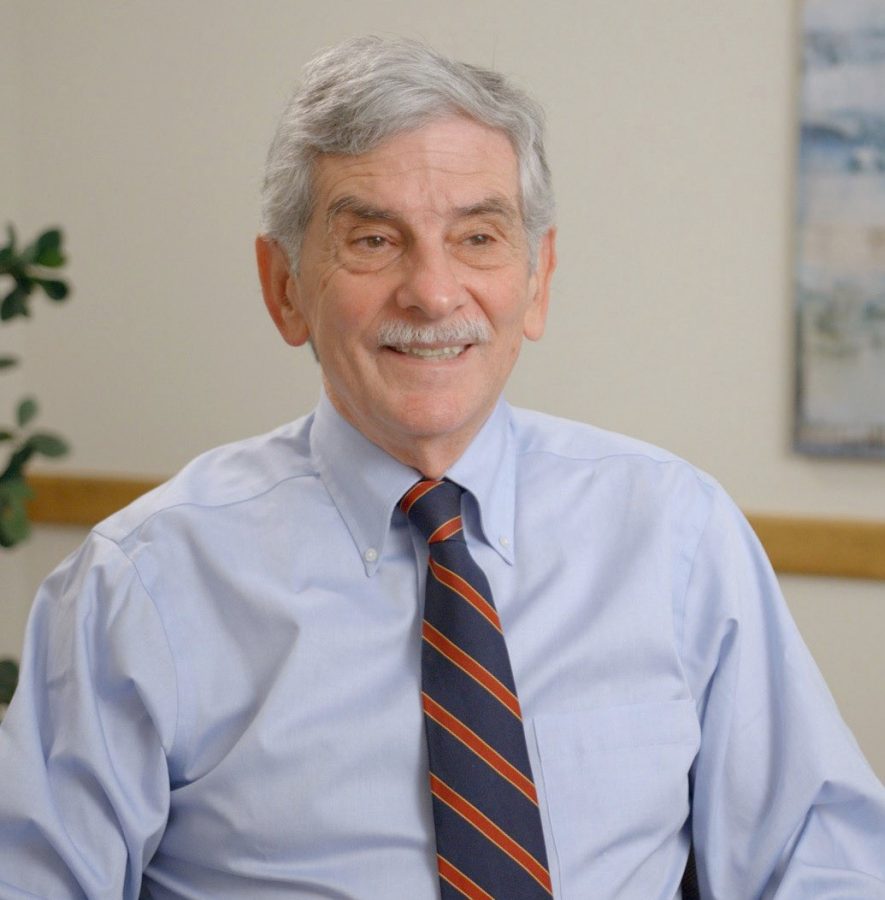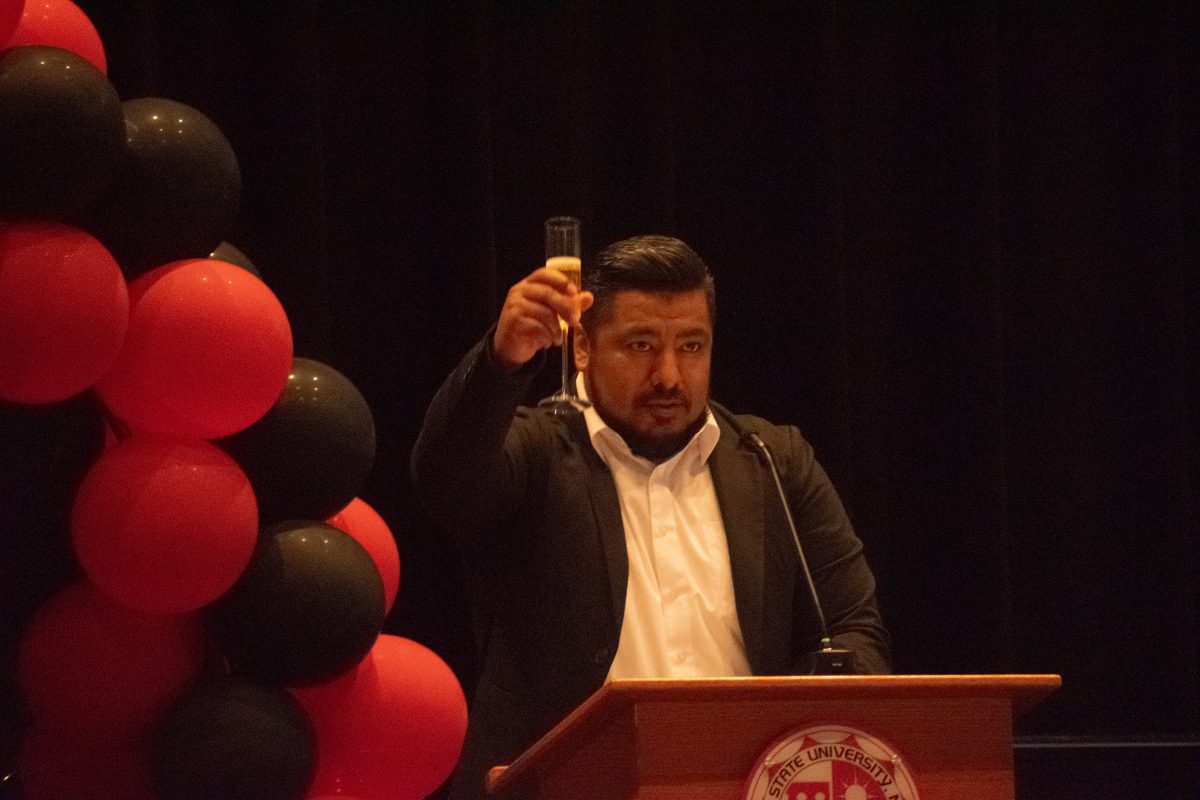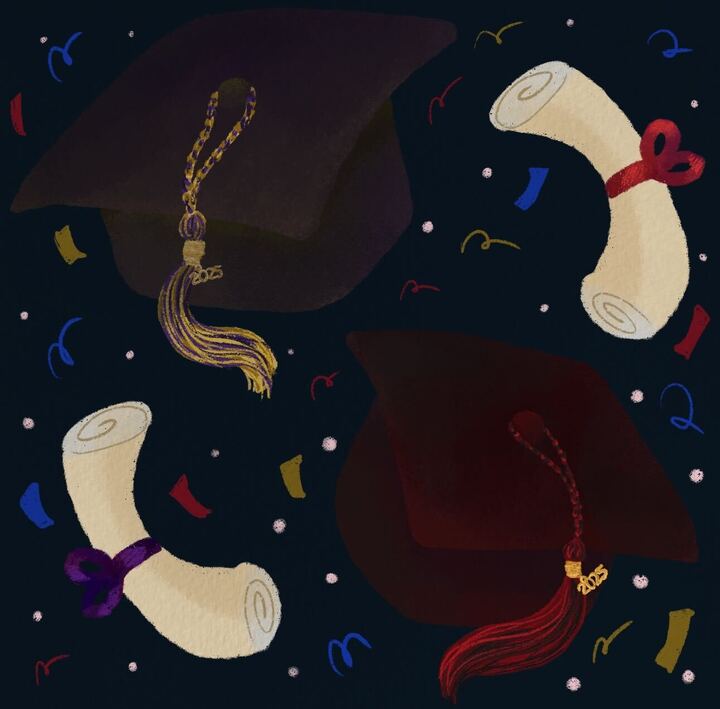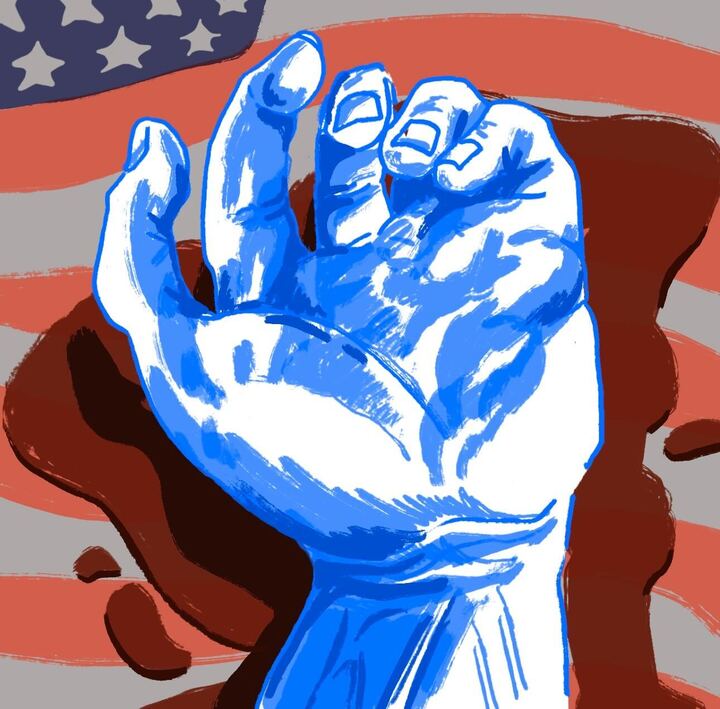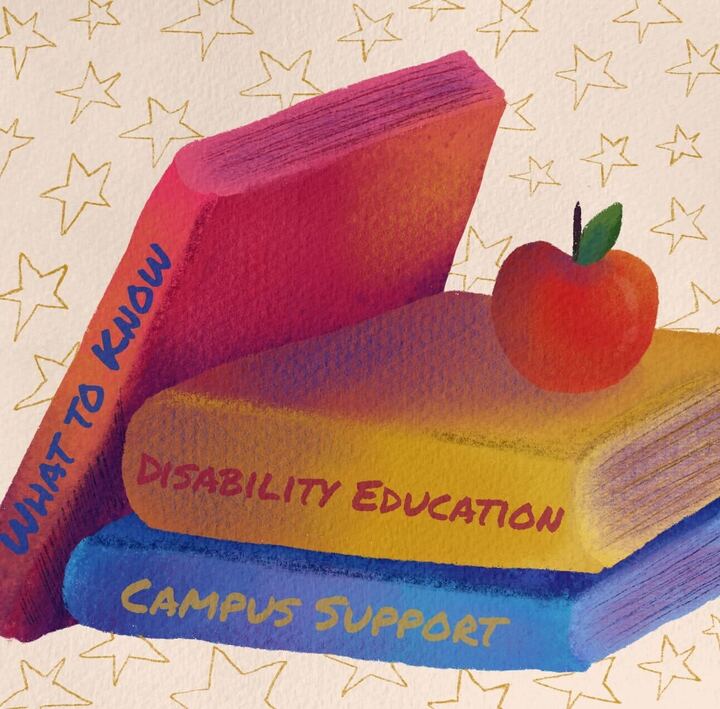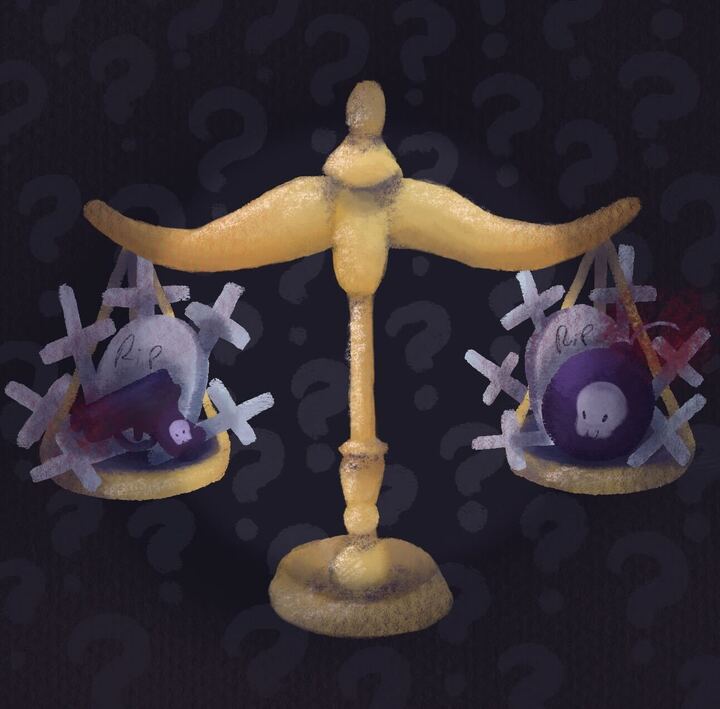California’s proposed law allowing college athletes to play for pay has potential to change college sports. Part of the logic is that since student-athletes help generate substantial revenues, they deserve to be paid. That is a problematic rationale because even in NCAA Division I, many football programs lose money. For California universities, the PAC-12 lags behind other major conferences in media revenues and shows signs of low and declining attendance at football games. UC Berkeley’s football program has relied for several years on subsidies of about $10 million per year from the central administration.
Another difficult trade-off is that many expenditures by athletic programs are for facilities and services exclusively for student-athletes. Training rooms, snack bars, and rest areas all cost money. Would student-athletes be willing to forego these as a way to reduce program expenses? Coaches probably claim that these services are attractive to potential recruits. To reduce them might repel some outstanding student-athletes.
My resolution is to put aside emphasis on income for student-athletes. Instead, use the new law to protect the rights of all college students who wish to play varsity sports and earn a degree. Under current policies it’s not unusual for a student-athlete to sign away many rights that students enjoy as a matter of course. In NCAA Division I, student-athletes can be subject to mandatory blood tests, social media tracking and other intrusions into campus life. Under NCAA regulations, a student-athlete is not allowed to have an agent in discussions and negotiations with an intercollegiate athletics department. Realistic limits on time devoted to practice would help athletes be genuine student-athletes. These essential civil and educational rights extend to students far beyond the few high profile student-athletes who may perhaps attract endorsement offers.
John Thelin is a Professor at the University of Kentucky. He grew up in Los Angeles and earned his MA and Ph.D. from the University of California, Berkeley.
